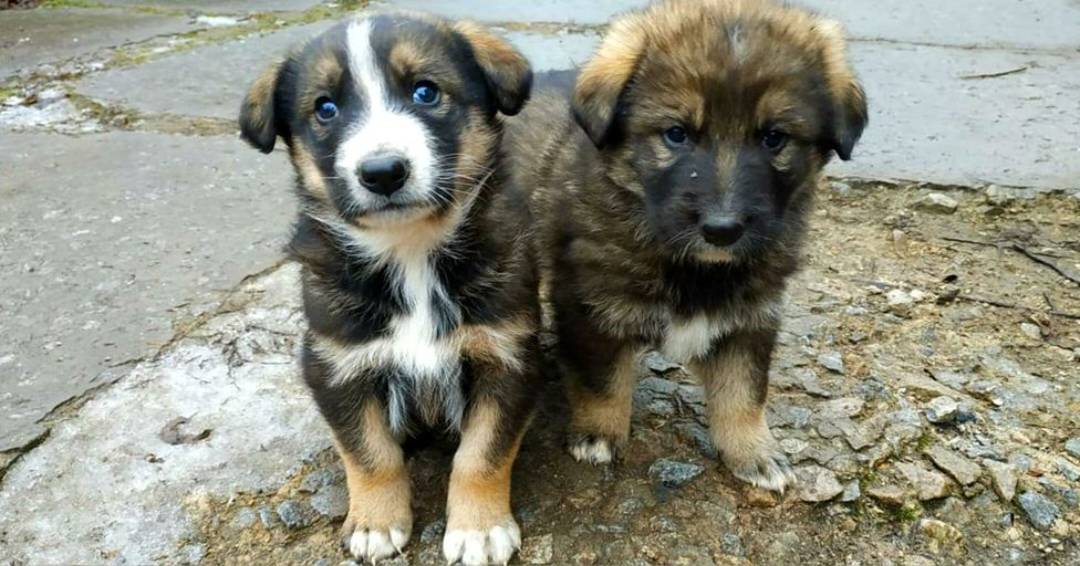
The Chernobyl nuclear disaster that occurred in 1986 in Ukraine had a significant impact on the surrounding environment, including the genetic makeup of the animals that lived in the area. A recent study found that the genetics of dogs left behind in the exclusion zone have been altered as a result of the radiation exposure.
The study, published in the journal Environment International in 2020, found that the dogs living in the exclusion zone had significantly higher levels of genetic damage compared to dogs living outside the zone. The researchers studied the DNA of 105 dogs, both from within and outside the exclusion zone, and found that the dogs living within the zone had more chromosomal abnormalities and higher levels of DNA damage.
The dogs in the exclusion zone have been living there for generations, and the researchers believe that the genetic damage observed in these dogs could be passed down to future generations. The findings highlight the long-term effects that a nuclear disaster can have on the genetic makeup of animal populations.
It is important to note that the dogs in the exclusion zone are not the only animals affected by the disaster. Wildlife, such as wolves, wild boars, and other mammals in the area, have also been impacted by the radiation exposure. Studies have shown that these animals have higher levels of genetic mutations and increased cancer rates.
The Chernobyl disaster serves as a stark reminder of the potential consequences of nuclear accidents and the long-term impact they can have on the environment and its inhabitants.

Post Your Comments